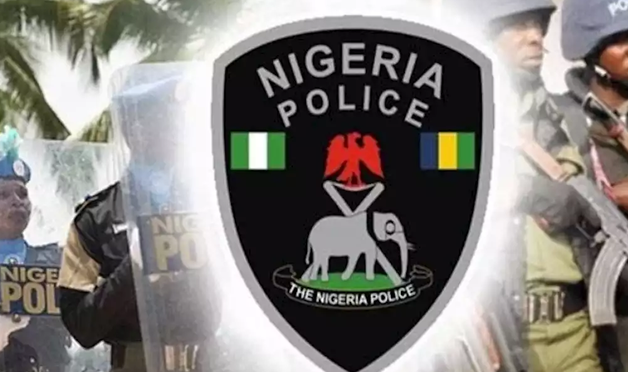
Abuja-based legal practitioner, Pelumi Olajengbesi, has criticized the arrest and detention of singer Habeeb Okikiola, aka portable, by Nigeria Police operatives over debt-related matters.
The lawyer insisted that the police had overstepped its statutory functions as the law does not confer the power to arrest over debt on the agency.
It was gathered that the singer was arrested for refusing to pay the N14m debt he incurred when he purchased a G-Wagon from a car dealer in Lagos State.
Portable, during the purchase of the vehicle worth N27m, paid only N13m and refused to pay the N14m balance, claiming that the vehicle was bad.
After several failed attempts to get him to pay the balance, the car dealer reported the matter to the police.
In response to recent developments, the lawyer in Abuja stated on Wednesday that while Portable may be troublesome, his arrest and the debt recovery method used by the Nigerian Police Force blatantly disregarded the country’s laws.
Olajengbesi said, “The mode of arrest highlights the deteriorating state of the Nigerian Police force. It’s crucial to note that indebtedness is not a criminal offense, even the Nigerian government has debts.
“The courts have consistently emphasized that the police should refrain from involvement in civil matters such as debt recovery or contractual disputes, unless there are allegations of fraud, such as obtaining under false pretenses, cheating, or criminal breach of trust.
“Under Section 32(2) of the Police Act 2020, arrests based solely on civil wrongs or breaches of contract are expressly prohibited.”
The lawyer referenced cases where the Court of Appeal reaffirmed that the police should not be involved in enforcing debt settlements or recovering civil debts for banks or any entity.
“In the case of Oceanic Securities Int. Ltd. Vs Balogun & Ors (2012) LPELR-9218 (CA), the Court of Appeal reiterated this stance by affirming that ‘the police have no role in enforcing debt settlements or recovering civil debts for banks or any entity.’
“Similarly, in KURE Vs Commissioner of Police (2020) LPELR-49378(SC), the Supreme Court emphasized that ‘the police is not a debt recovery agency and should not intervene in contractual disputes arising from purely civil transactions.’
“Additionally, the Court of Appeal, in Imam & Another Vs USMAN & Another (2023) LPELR-60203(CA), reiterated this position,” the lawyer stated.
Olajengbesi thus implored the Nigerian Police Force not to diminish its prestige but to always operate within the confines of the law that established it.
“In the case of Oceanic Securities Int. Ltd. Vs Balogun & Ors (2012) LPELR-9218 (CA), the Court of Appeal reiterated this stance by affirming that ‘the police have no role in enforcing debt settlements or recovering civil debts for banks or any entity.’
“Similarly, in KURE Vs Commissioner of Police (2020) LPELR-49378(SC), the Supreme Court emphasized that ‘the police is not a debt recovery agency and should not intervene in contractual disputes arising from purely civil transactions.’
“Additionally, the Court of Appeal, in Imam & Another Vs USMAN & Another (2023) LPELR-60203(CA), reiterated this position,” the lawyer stated.
Olajengbesi thus implored the Nigerian Police Force not to diminish its prestige but to always operate within the confines of the law that established it.






